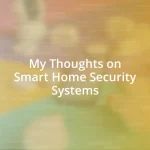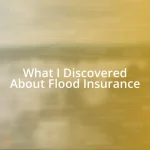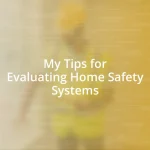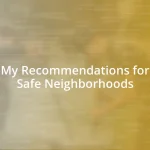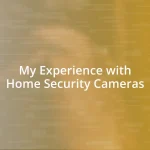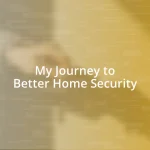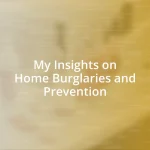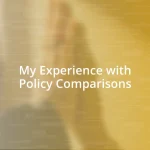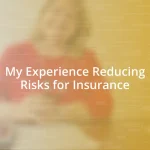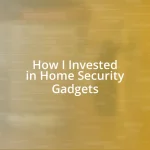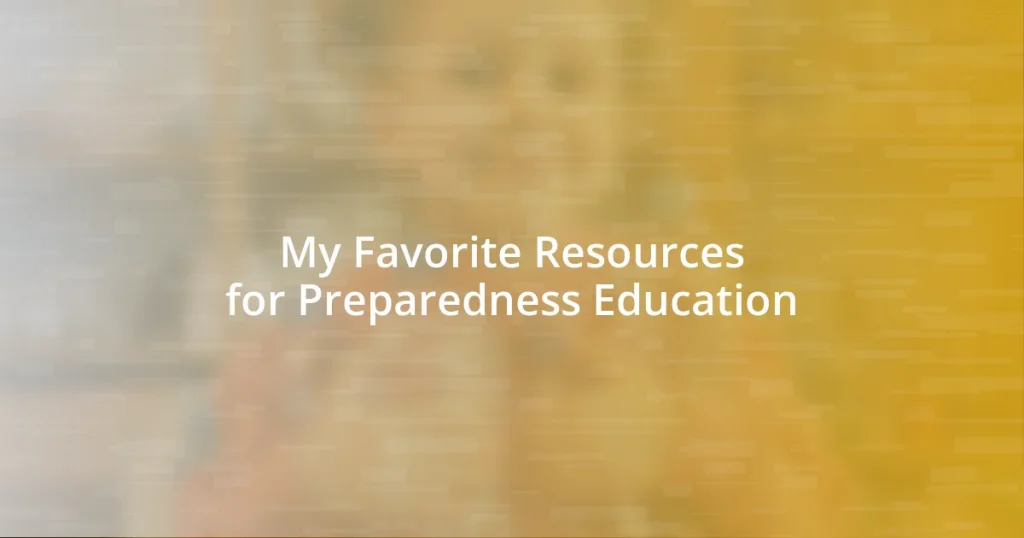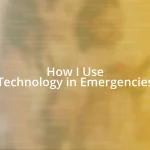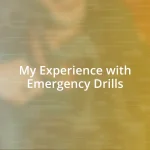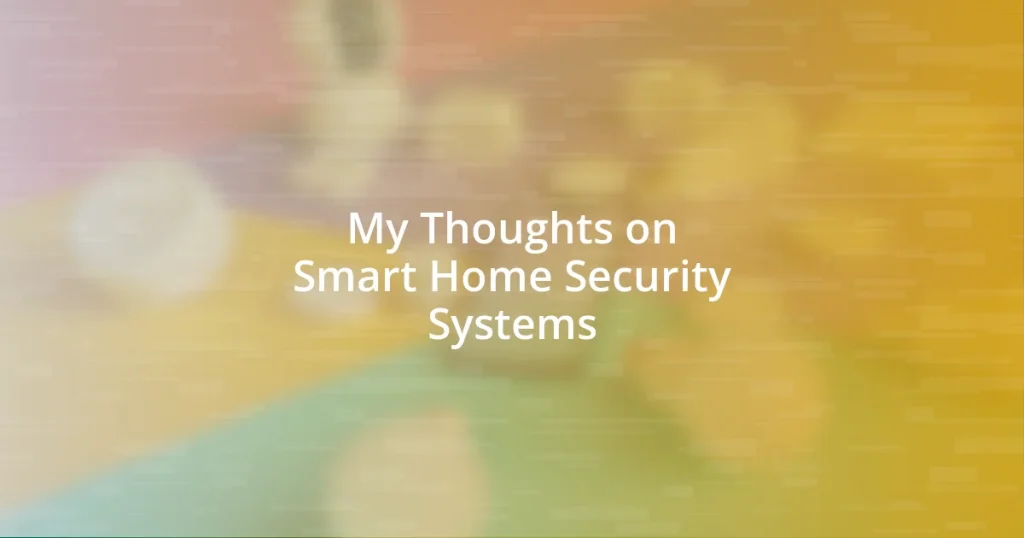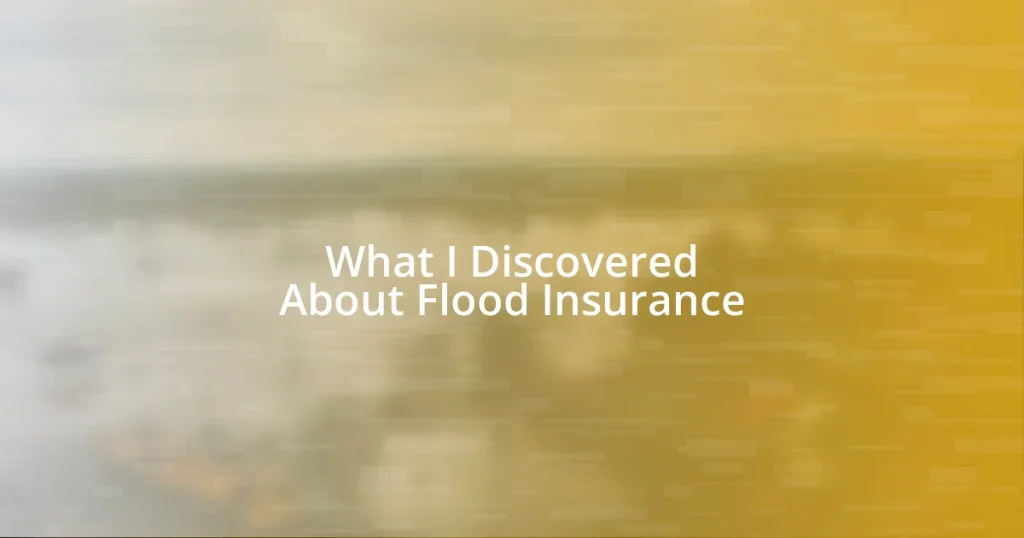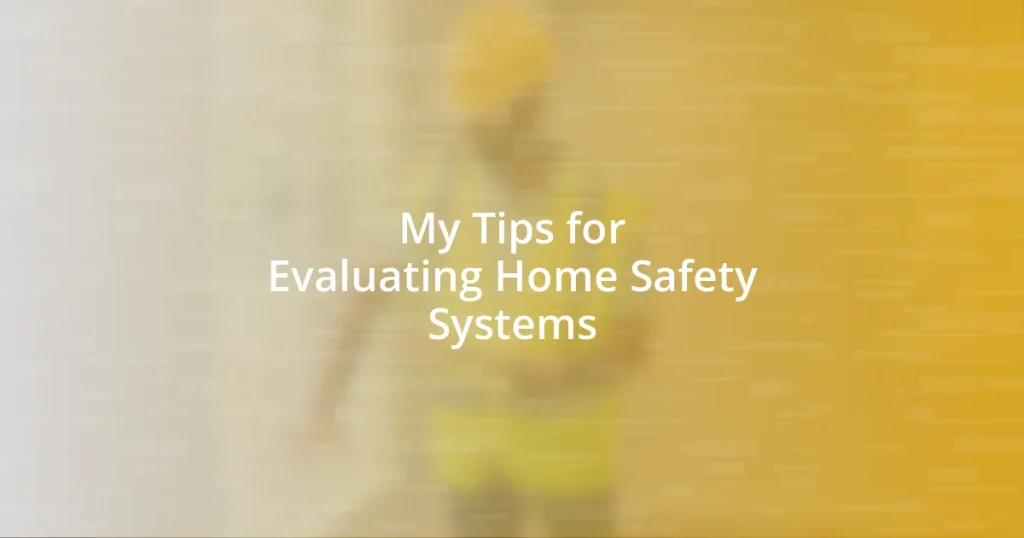Key takeaways:
- Valuable resources for preparedness include Ready.gov, the American Red Cross, and local community groups like CERT, which provide comprehensive education and skills for emergency situations.
- Recommended books for preparedness are “The Disaster Preparedness Handbook” by Arthur T. Bradley, “Emergency War Surgery” by the U.S. Department of the Army, and “Prepper’s Long-Term Survival Guide” by Jim Cobb, offering practical advice and strategies for self-sufficiency.
- Online courses and useful mobile apps, such as FEMA’s courses and the “Emergency: Alerts & Notifications” app, enhance knowledge and readiness, making preparedness more accessible and manageable.
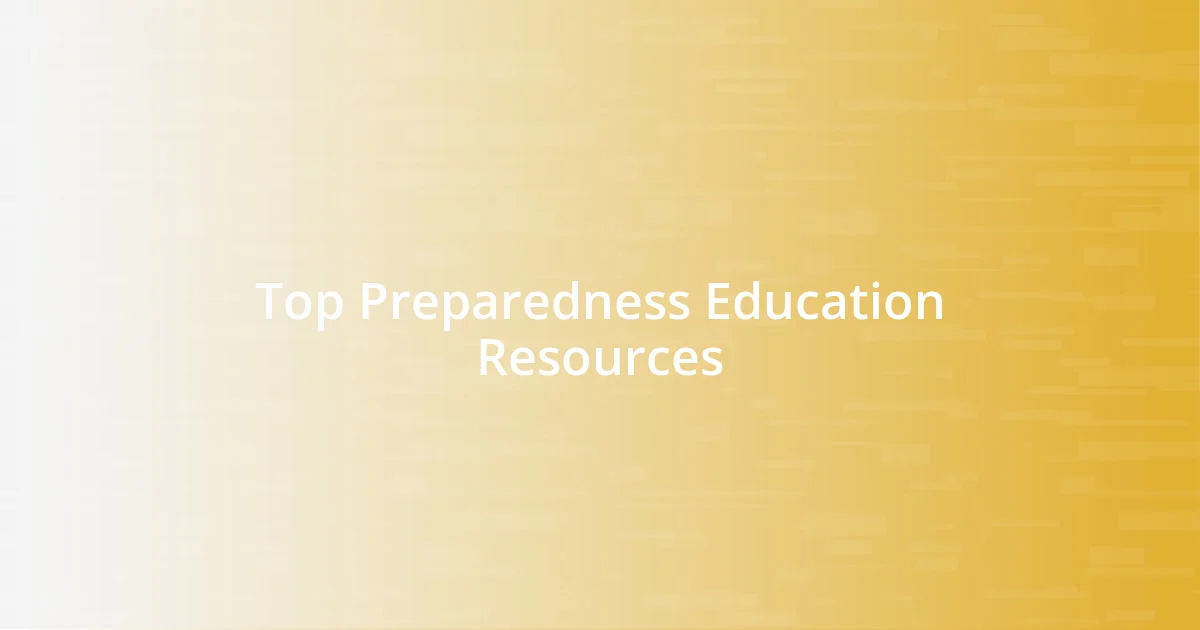
Top Preparedness Education Resources
When I first started diving into preparedness education, I stumbled upon the “Ready.gov” website. It offers a treasure trove of information on emergency plans, disaster kits, and even community preparedness. I remember feeling overwhelmed but reassured—seeing practical checklists made my own planning feel achievable.
Another invaluable resource I’ve come to appreciate is the American Red Cross. Their courses on first aid and CPR transformed my perspective on emergency situations. I can’t tell you how empowering it felt to know I could actually help someone in distress. Isn’t it comforting to have those skills in your back pocket?
Lastly, I can’t recommend local community groups enough, such as CERT (Community Emergency Response Team). Participating in their trainings fostered a sense of camaraderie that I didn’t expect. Have you ever felt that rush of confidence that comes from being part of a team, ready to tackle challenges together? Those experiences not only taught me practical skills but also forged friendships that inspire mutual support in times of need.
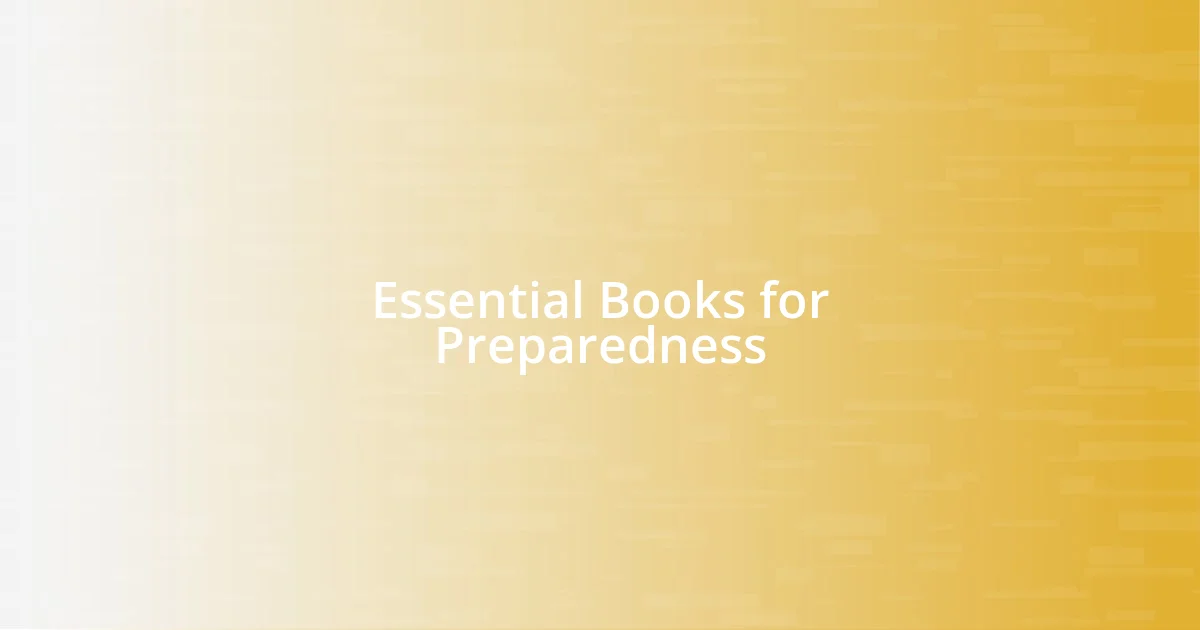
Essential Books for Preparedness
I remember the first time I picked up “The Disaster Preparedness Handbook” by Arthur T. Bradley. It felt like holding a lifeline; the practical advice transformed my approach toward potential emergencies. One of the most eye-opening sections focused on food storage, which I hadn’t considered before. The author’s straightforward breakdown brought a sense of clarity and made me realize the importance of being self-sufficient.
Another book I found invaluable is “Emergency War Surgery” by the U.S. Department of the Army. It’s not your typical read, but it’s packed with crucial techniques that could mean the difference between life and death. The first time I flipped through it, I felt a mix of fear and empowerment. Learning about medical procedures I may need during a crisis made me reflect on my own health and well-being. It’s a sobering reality check, isn’t it?
Finally, “Prepper’s Long-Term Survival Guide” by Jim Cobb is one that I continuously revisit. His insights into securing resources for the long haul helped shape my mindset about sustainability. One particular chapter on alternative energy sources really sparked my imagination—imagine being able to power your home with renewable resources during a blackout. It’s like seeing a glimpse of resilience in action. Just thinking of the possibilities brings a sense of hope, doesn’t it?
| Book Title | Author |
|---|---|
| The Disaster Preparedness Handbook | Arthur T. Bradley |
| Emergency War Surgery | U.S. Department of the Army |
| Prepper’s Long-Term Survival Guide | Jim Cobb |
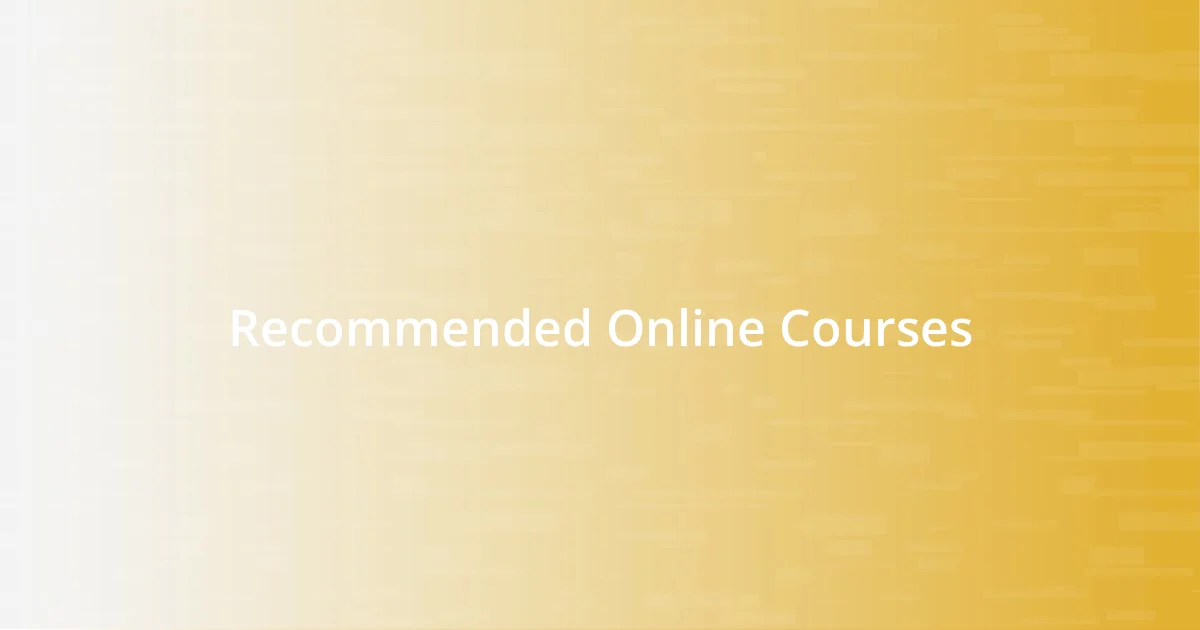
Recommended Online Courses
Online courses have become a game-changer for anyone looking to deepen their preparedness knowledge. Through my own journey, I’ve found that learning from home not only fits my schedule but also allows me to engage with diverse topics at my own pace. There’s something incredibly motivating about being able to choose courses that resonate with your interests or current needs.
Here are some standout online courses that I think are worth exploring:
- Emergency Preparedness and Response (Offered by FEMA): This course covers essential emergency management topics, making it ideal for beginners.
- Basic Wilderness Survival Skills (available on platforms like Udemy): I remember the thrill of learning how to make a fire and find food in the wild—it sparked a sense of adventure in me that I never anticipated.
- Introduction to Food Storage (by The University of Utah): I took this course to better understand long-term food preservation, and it reinforced just how vital this skill can be during emergencies.
- First Aid/CPR/AED Certification (American Red Cross): Completing this course gave me the confidence to handle medical emergencies. The simulations felt so real that it was a transformative experience.
I encourage you to consider which skills you want to enhance and dive into the courses that speak to you. Each one can enrich your journey towards preparedness in unique and empowering ways.
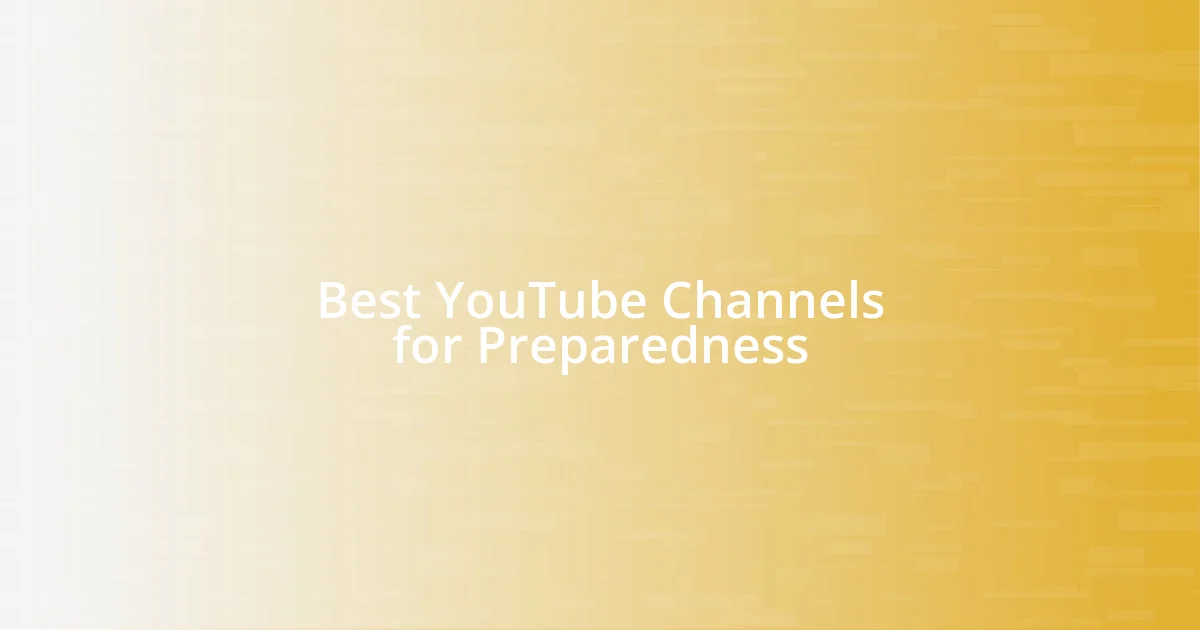
Best YouTube Channels for Preparedness
YouTube offers a treasure trove of channels dedicated to preparedness, each with its own unique flair. One channel that stands out for me is “The Urban Prepper.” I remember the first time I stumbled upon his videos; the way he breaks down complex topics into bite-sized, actionable advice made me feel more equipped to tackle urban survival scenarios. Watching him set up a bug-out bag was like having a friend guide you through a critical shopping list, making it easy to follow along.
Another channel I highly recommend is “City Prepping,” which dives deep into various strategies for urban preparedness. I recall watching a video on situational awareness that shifted my perspective entirely. It was a revelation to realize how awareness doubles as a safety net; I started practicing these techniques in my daily life, boosting my confidence. I still find myself asking, “What would I do if…?” in different situations, and it’s incredibly empowering to think I’m more prepared than ever.
Lastly, I’d be remiss not to mention “Prepper Princess.” Her straightforward approach combined with a dose of humor makes learning about preparedness feel less daunting. I vividly remember her episode on budgeting for preps; she shared practical tips that helped me rethink my spending habits. Isn’t it funny how a conversation over budgeting can inspire profound changes in our lives? These videos not only educate but also spark a sense of community among fellow preppers, which is invaluable.
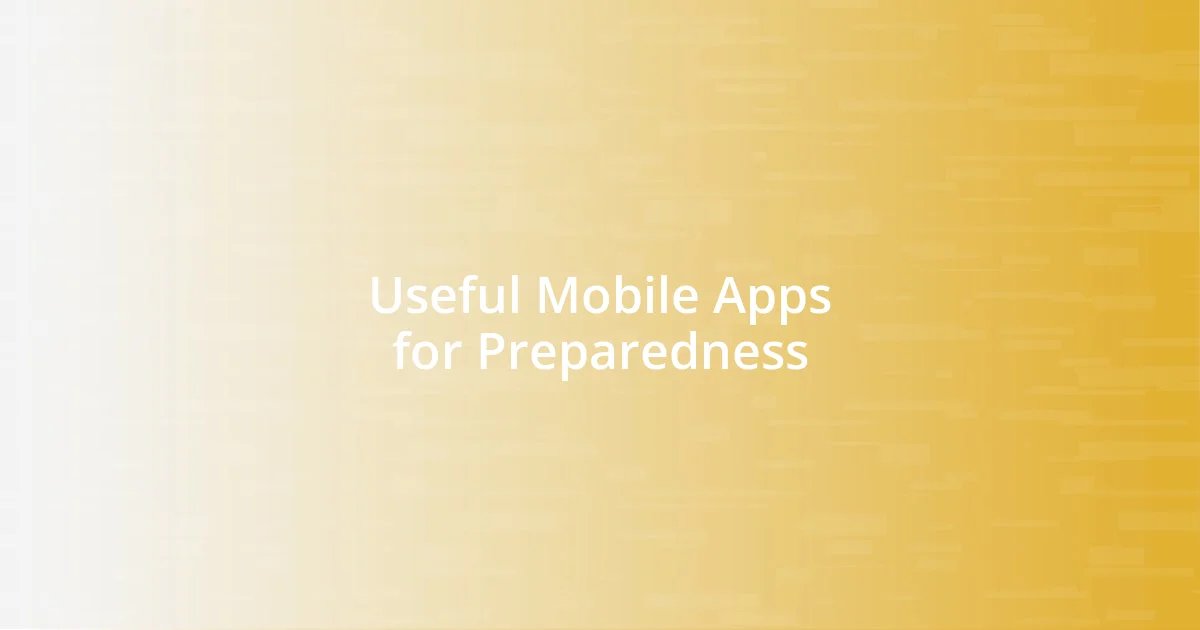
Useful Mobile Apps for Preparedness
When it comes to preparedness, mobile apps can be absolute game-changers. One app that I constantly rely on is the “Emergency: Alerts & Notifications” app. I remember feeling that surge of peace of mind during a recent storm when I received real-time alerts about the weather, evacuation routes, and safety tips. It’s like having a safety net right in my pocket, making me feel more connected and informed about what to do next.
Another resource I’ve found invaluable is “Zello Walkie Talkie.” I was a bit skeptical at first, but after using it during a power outage where cell service was spotty, I quickly became a fan. The ability to communicate instantly with family and friends, almost like an old-school walkie-talkie, transformed our preparedness strategy. It felt empowering to coordinate with others and share updates, especially when every second counts. How reassuring is it to know you can communicate even when the usual channels are down?
Don’t overlook “Life360” either; it’s a family locator app that helps me keep tabs on loved ones during emergencies. I can recall a family outing where we got separated—using this app not only helped us regroup faster but also eased my anxiety as a parent. In those critical moments, having an accurate location sharing tool is not just practical; it can make a significant difference in how quickly we connect and act. These apps remind me that technology can truly support our preparedness efforts.
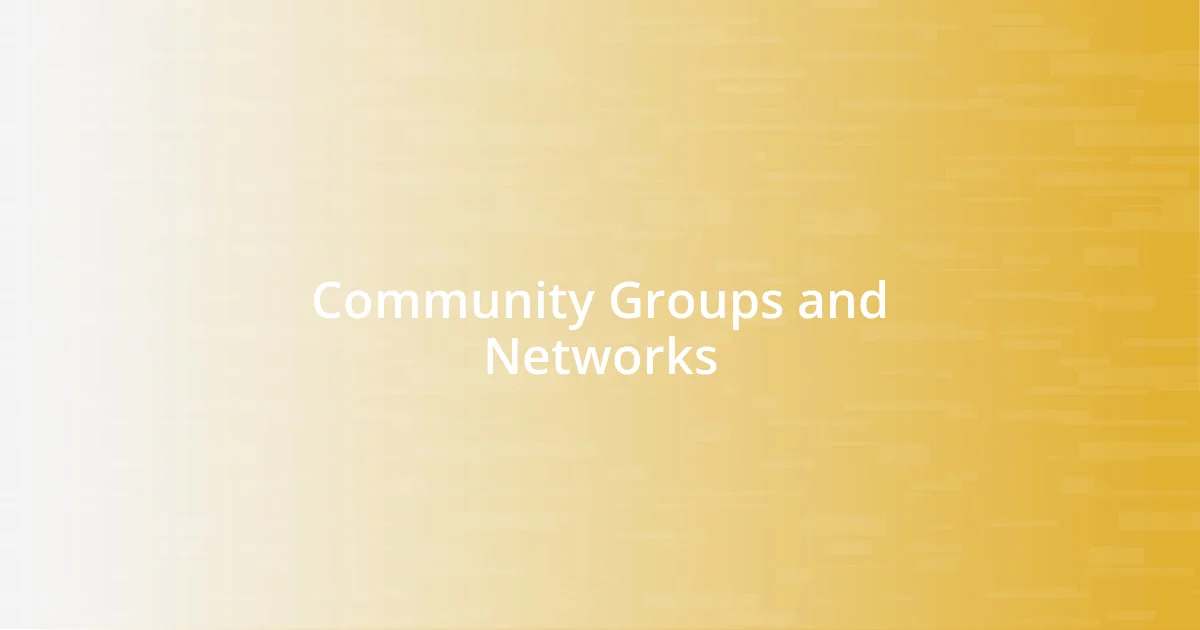
Community Groups and Networks
Community groups and networks are truly the backbone of preparedness education. I was lucky enough to join a local preparedness group, and it’s been a game-changer. I’ve met so many like-minded people who share their experiences and skills, whether it’s first aid training or gardening workshops. The camaraderie we’ve built is something you can’t replicate online; there’s a warmth in sharing actual knowledge and stories face-to-face.
One memorable experience was during a neighborhood emergency plan meeting. As we brainstormed potential local hazards, it struck me how diverse our backgrounds were yet how united we became in those discussions. I can still picture the moment someone asked, “What would happen if a natural disaster hit our area?” It sparked a cascade of ideas. We began drafting evacuation plans and exchanging contact information. There was this palpable sense of empowerment, knowing that together we were building a safety net for our community.
I’ve also found online networks equally essential, especially during those times when meeting in person isn’t feasible. Engaging in forums and social media groups not only keeps me informed but also provides new perspectives from preppers around the globe. I can’t help but feel inspired when stories of resilience and innovative ideas flood my feed. Have you ever found a sense of hope in shared experiences? It reminds me that no matter where we are, we are all part of a larger movement, learning and growing together in our journey of preparedness.
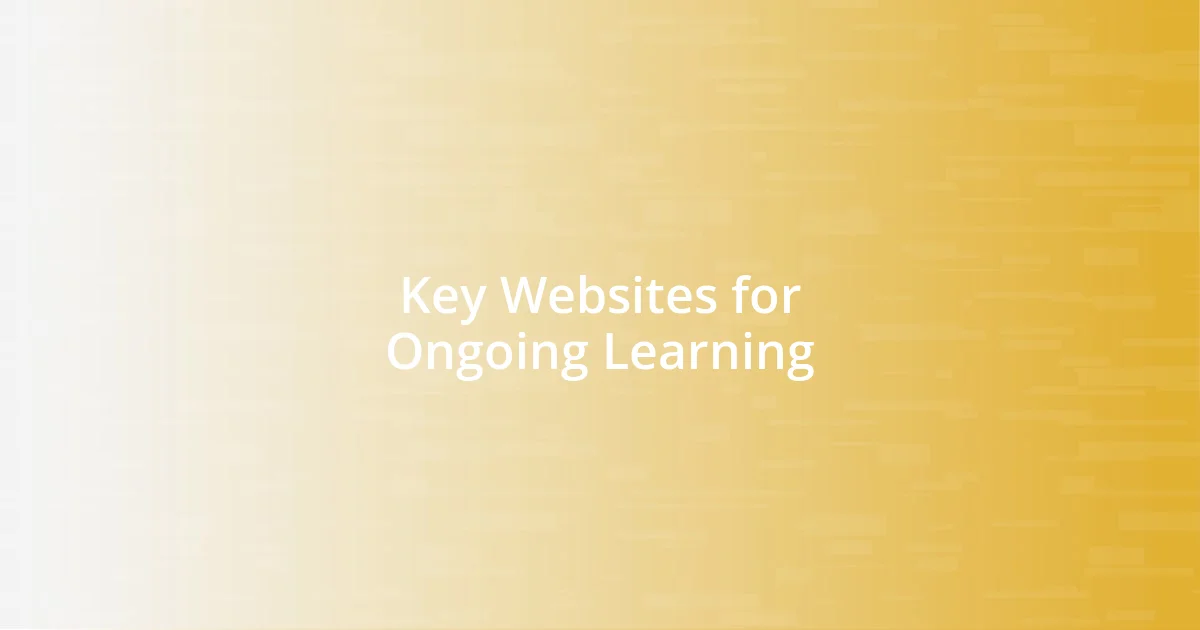
Key Websites for Ongoing Learning
When it comes to ongoing learning in preparedness, I frequently turn to websites like Ready.gov. I vividly remember my first visit; I was amazed at the comprehensive resources they provide, from emergency kits to disaster planning. It felt like I was diving into a treasure trove of information. Have you ever sourced knowledge from a website that felt like a guiding hand? For me, Ready.gov is that source, effortlessly blending practicality with the motivation to enhance my preparedness skills.
Another gem in my toolkit is the American Red Cross website. Their free online courses have significantly sharpened my skills, especially in first aid and CPR. I can recall the first time I took an online class—it was a mix of excitement and nervousness. Although I was just in my living room, I felt empowered, knowing that the knowledge I gained could save a life someday. Isn’t there something incredibly fulfilling about learning a skill that prepares you for real-life emergency situations?
Lastly, I often recommend the DisasterReady.org platform. The first time I completed a course on disaster response, I was blown away by how accessible and engaging it was. The real-life scenarios presented throughout the course made me think, “What would I do if that were me?” It’s a thought-provoking experience that not only enhances my knowledge but also builds my confidence. Learning this way feels incredibly rewarding, doesn’t it? Each course empowers me to not just understand emergencies better, but also to embrace my role in effective preparedness.
